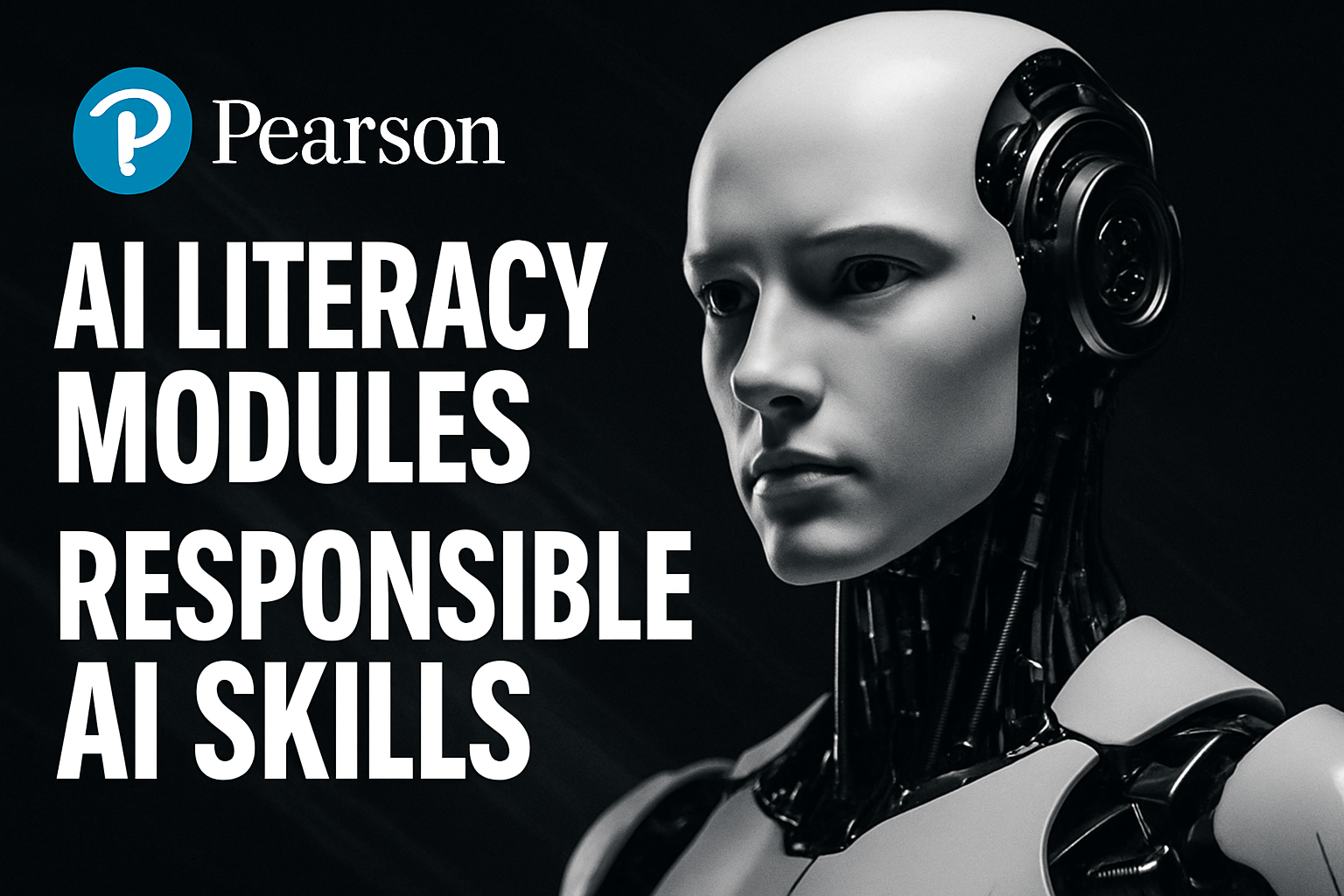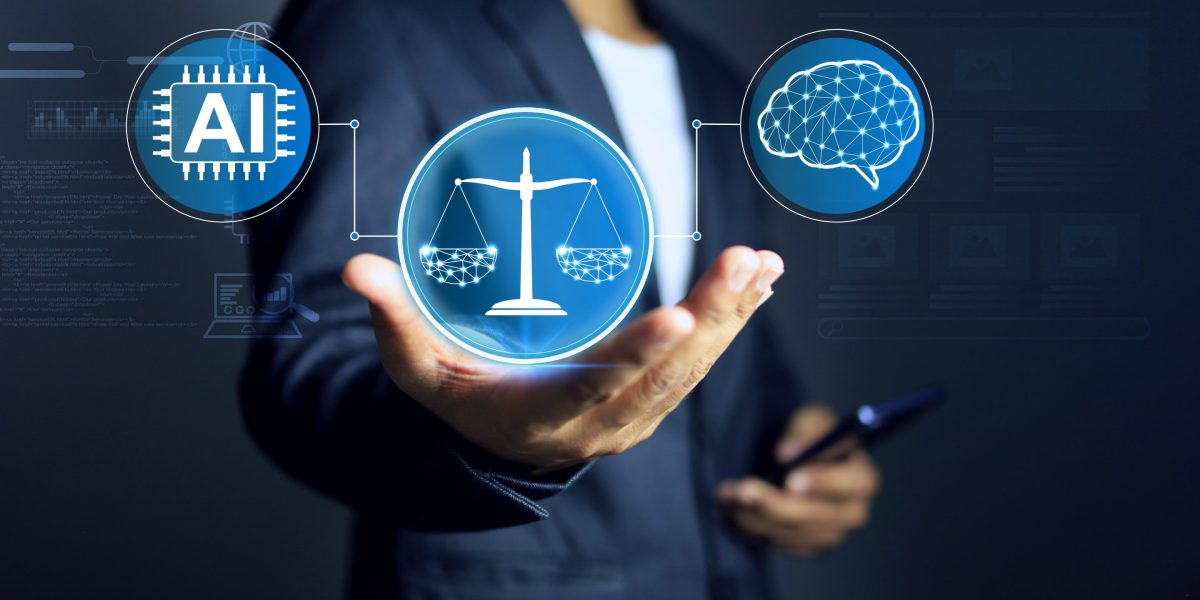Summary
This web-site uses cookies to ensure you get the best experience on our web-site. By continuing youre agreeing our Terms & Conditions & Privacy Policy
Source: People Matters India

AI News Q&A (Free Content)
Q1: What are the key principles that companies like Microsoft are integrating into their AI strategies to ensure ethical AI deployment?
A1: Companies like Microsoft are embedding principles such as fairness, transparency, accountability, reliability and safety, privacy and security, and inclusiveness into their AI strategies. These principles are part of a formal code of ethics, developed collaboratively with input from various stakeholders within and outside the organization. Microsoft's Office of Responsible AI oversees these efforts to ensure they are effectively implemented across AI systems and machine learning applications.
Q2: How does Google's PAIR initiative exemplify responsible AI practices?
A2: Google's PAIR initiative is focused on creating AI systems that are both powerful and human-centered. It includes open-source tools like the What-If Tool for visualizing model performance and design frameworks to ensure AI interfaces are fair and transparent. The initiative emphasizes cross-functional collaboration and continuous monitoring to embed ethical principles into AI development and deployment.
Q3: What challenges are associated with assuring AI ethics in real-world applications according to recent scholarly research?
A3: Recent scholarly research highlights challenges in assuring AI ethics due to the complexity of real-world applications. Despite the development of AI ethical frameworks, there is a need for practical assurance mechanisms. This includes creating user requirements-oriented assurance processes that integrate safety and ethical considerations throughout the AI lifecycle, as discussed in the paper titled 'E-LENS: User Requirements-Oriented AI Ethics Assurance'.
Q4: What role do AI ethics quizzes play in raising awareness among software practitioners?
A4: AI ethics quizzes play a significant role in raising awareness among software practitioners by providing an engaging and interactive learning experience. Research has shown that such quizzes significantly improve practitioners' understanding of AI ethics, as demonstrated in workshops conducted with 29 software practitioners. These quizzes help bridge the knowledge gap and foster a deeper understanding of ethical principles in AI system design.
Q5: Why is it important for organizations to embed ethical principles into their AI culture?
A5: Embedding ethical principles into an organization's AI culture is crucial to ensure responsible and fair outcomes. It involves establishing clear policies and guidelines, engaging stakeholders from various disciplines, and fostering a culture of transparency and accountability. This approach helps prevent biases, discrimination, and other unintended consequences in AI systems, ensuring they align with societal values and moral principles.
Q6: What are the ethical concerns surrounding the development of AI systems, and how can they be addressed?
A6: Ethical concerns in AI development include biases, lack of transparency, accountability issues, and potential discrimination. Addressing these concerns requires a multidisciplinary approach that incorporates transparency, explainability, fairness, non-discrimination, privacy, and data protection into AI systems. Organizations must create accountability frameworks and ethical data sourcing practices to mitigate these risks and ensure AI acts as a beneficial force in society.
Q7: How do ethical AI principles contribute to sustainable technological progress?
A7: Ethical AI principles contribute to sustainable technological progress by ensuring that AI development aligns with human values and societal needs. By embedding these principles—such as transparency, fairness, and accountability—into AI systems, organizations can create technologies that avoid undue harm and support long-term societal benefits. This approach transforms ethical considerations from obstacles into opportunities for innovation and growth.
References:
- Ethics of artificial intelligence
- Raising AI Ethics Awareness through an AI Ethics Quiz for Software Practitioners
- E-LENS: User Requirements-Oriented AI Ethics Assurance
- How to Develop Ethical AI: Principles and Practices
- Ensuring Ethical and Responsible AI: Tools and Tips for Establishing AI Governance
- Responsible AI Ethics
- AI Ethics: Key Considerations and Frameworks






